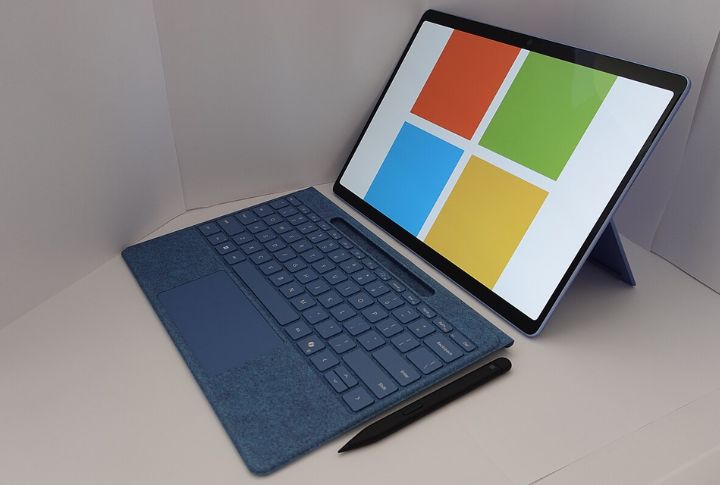
Think you’re too savvy to fall for a scam? That’s exactly what makes these Microsoft-themed tricks so dangerous. They wear a familiar face, speak your language, and strike when you least expect it. If you’re not looking closely, they’ll sneak into your inbox—or your bank account—before you can blink.
Fake Microsoft Support Calls

A caller claiming to be from Microsoft might warn you about a virus or security threat. They’ll usually push you to allow remote access or pay for immediate fixes. That urgency is part of the scam, since real Microsoft agents never call without you reaching out first.
Malicious Microsoft Software Downloads
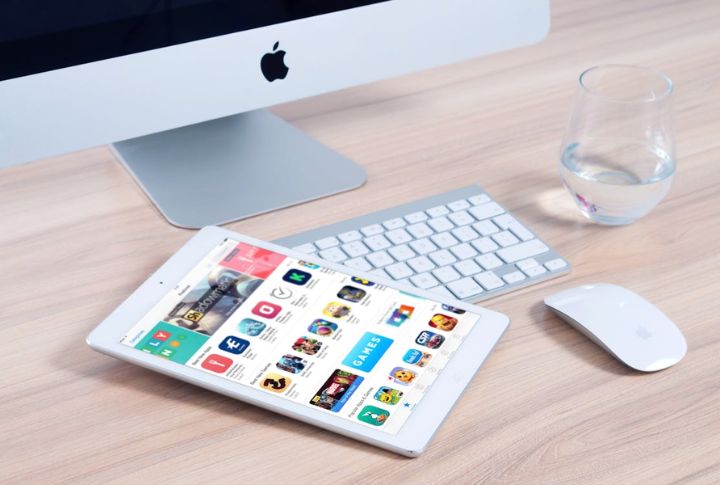
Not all software that appears to come from Microsoft is safe. Some downloads are bundled with malware designed to steal data or compromise your system. These often appear through pop-ups or third-party sites. To avoid trouble, only install updates or software through official Microsoft sources.
Bogus Microsoft Subscription Renewal Scams
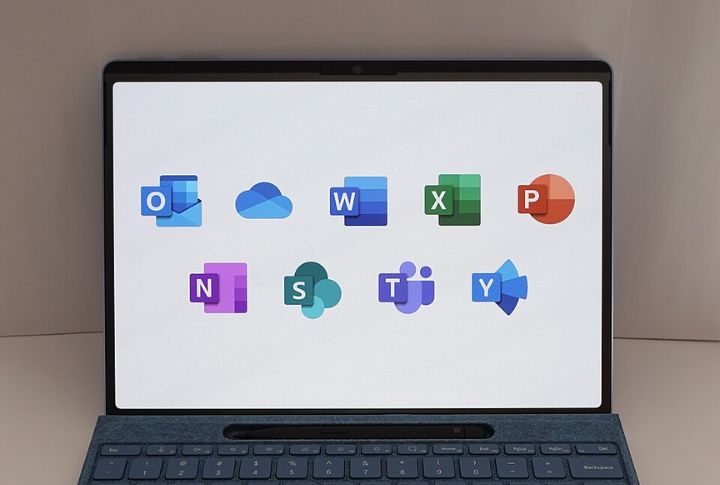
Some messages claim your Microsoft 365 or Xbox subscription is near expiration. They include a link that leads to a fake payment page built to steal your financial details. The safest approach? Skip the message entirely and check your account directly through Microsoft’s official site to verify.
Microsoft Crypto Giveaway Scams
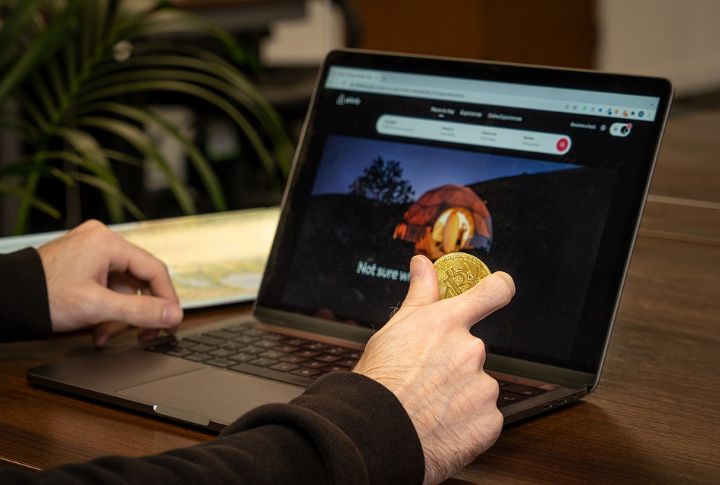
A post may feature a Microsoft executive offering free cryptocurrency. Real video clips make the whole thing feel official. Only when they ask for money before you get your reward does the scam become clear. Microsoft doesn’t run promotions that make you pay to win.
Compromised Microsoft Accounts Leading To Ransom Demands
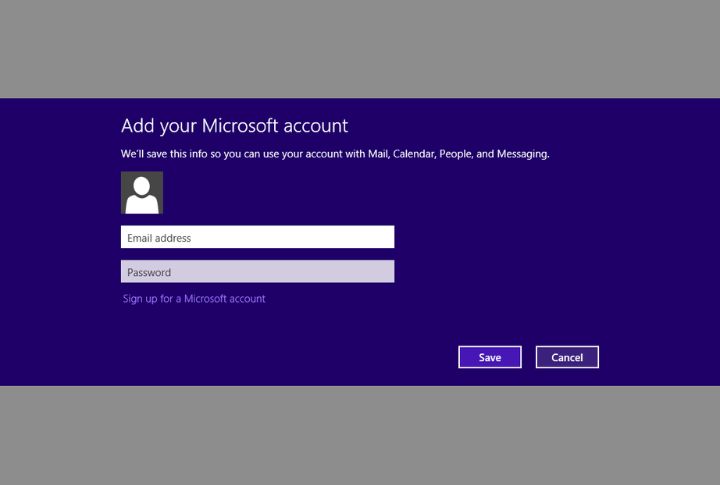
Losing access to your Microsoft account can feel alarming, especially when someone demands money to restore it. These scams often start with stolen login credentials. And that’s where multi-factor authentication helps by adding extra protection. Plus, if locked out, use Microsoft’s official recovery tools instead of paying scammers.
Microsoft Lottery And Sweepstakes Scams
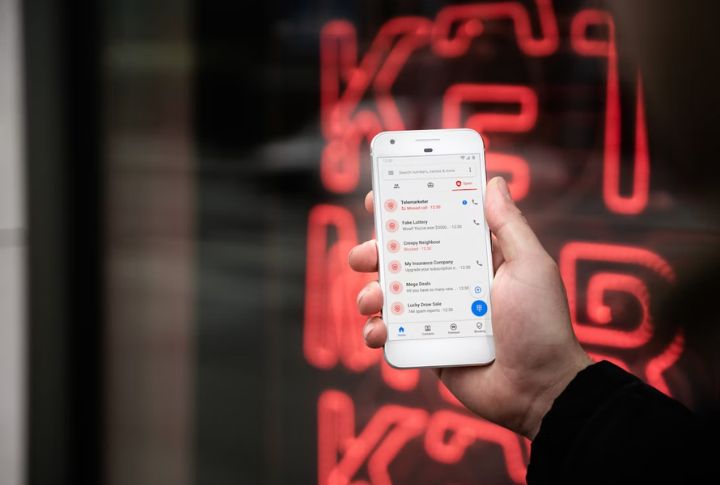
Sometimes, scammers send emails announcing you’ve won a Microsoft prize, backed by convincing logos and official language. But to receive your reward, you’ll need to send money or personal information. In such cases, what you must always remember is that contests never charge winners to claim their prizes.
Gift Card Scams Using Microsoft Branding

You might receive a message asserting you owe Microsoft money for tech support or software. The scammer tells you to buy gift cards and send the codes as payment. Once they collect the codes, they drain the funds instantly. It’s a guaranteed scam. The best response: ignore, report, and avoid sending payment.
Phishing Emails
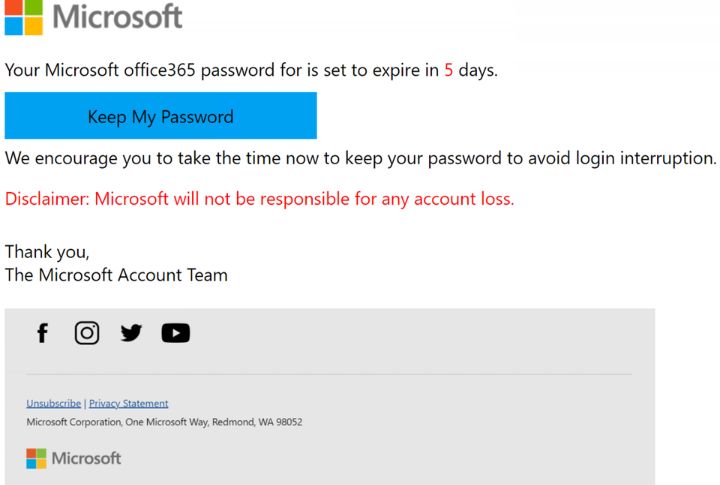
It starts with a familiar-looking email, one that insists your Microsoft account needs urgent attention. The message nudges you toward a password reset—that’s the trap. If you didn’t request a reset, ignore it. Legitimate companies won’t email you out of the blue for private details.
Fake Windows Activation Warnings
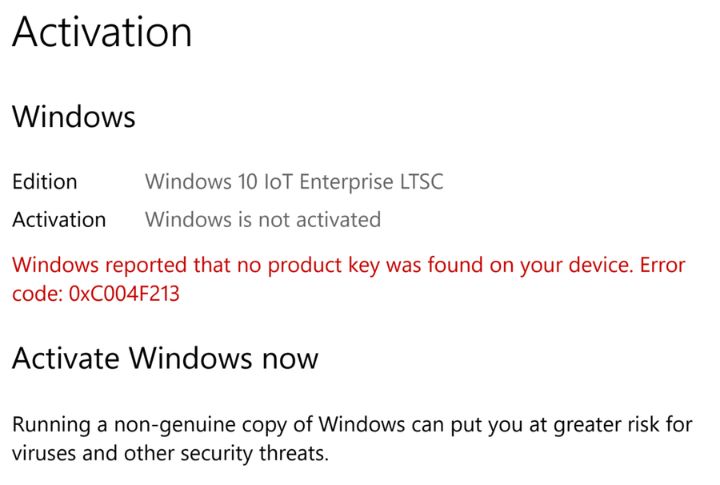
A sudden pop-up might warn that your Windows license has expired and urge you to call a support number. That number leads directly to scammers posing as technicians ready to fix the issue for a fee. Genuine activation problems show up only in system settings, not through random alerts.
Fraudulent Microsoft Job Offers

An offer for remote work at Microsoft may sound appealing, but scammers use this to collect personal details or demand payment for training. An authentic job offer won’t ask for money. So, when in doubt, check Microsoft’s official careers page before sharing any information.
